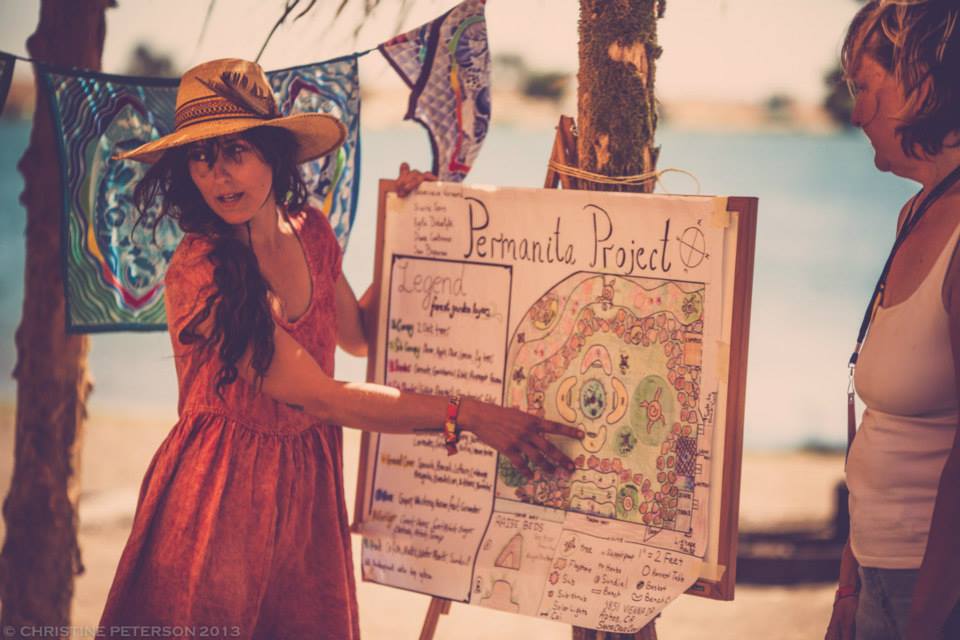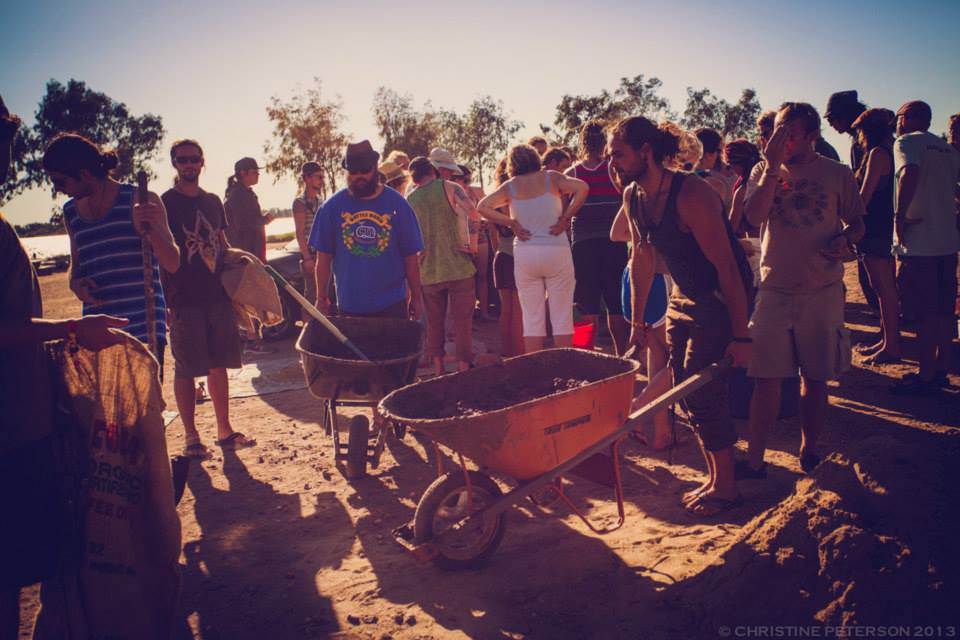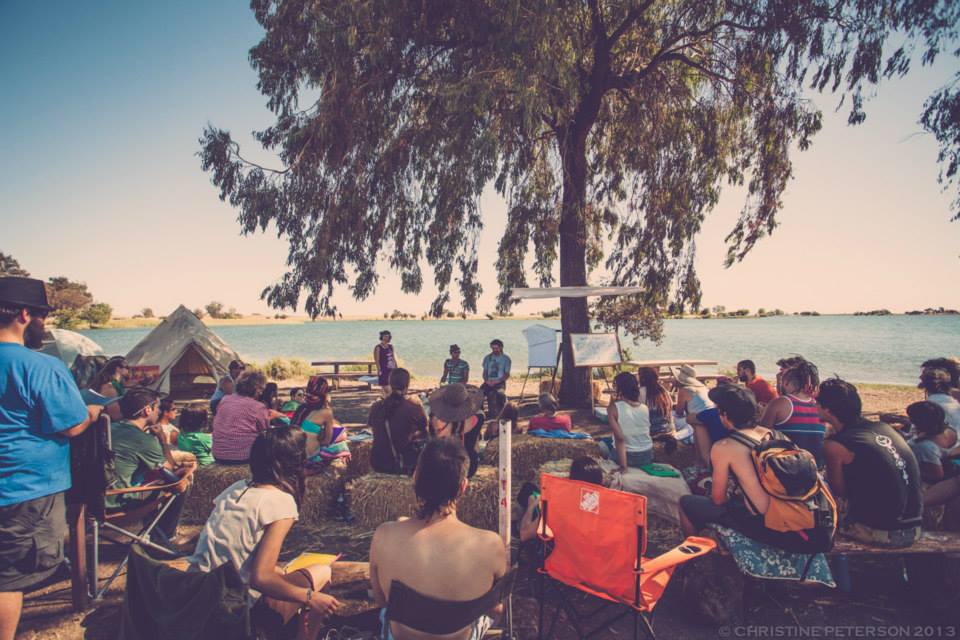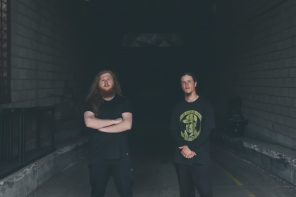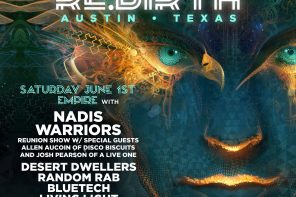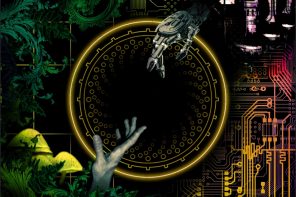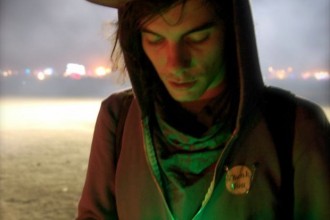Elemental Alchemy was born out of a conversation at Symbiosis two years ago that Timo, one of the co-leads of the Permaculture Immersion discussed with producers. With the festival being on sacred land, it was decided that the course could be an integrative tool for incorporating and creating community relations with the natives. The result was the birth of uniquely formulated course that weaves together aspects of wisdom, indigenous culture, spirituality, permaculture principles and earth base living. This evolved into what is now christened Elemental Alchemy.
Cross pollination will undoubtedly take place within these three especially fragrant Immersions. Visionary Artists can come and draw inspiration and muse in the permaculture design piece of the Permaculture Immersive. Yogis can philosophize on the metaphoric language of Visionary Art and permaculturists can practice their inversions in the morning to observe the patterns from multiple angles.
The course finds it name in that the first four days will be structured corresponding to the elements.
For example, the first day will correspond with Air. This represents the social aspect- the coming together as a community and creating the foundations for a strong core group. Skill sharing and networking exercises will be taking place that bridge everyone and their strengths and opportunities for collaboration together. We hope that by the end of the day the question, “How we can share our resources and skills with one another for the advancement of our individual projects?” can be answered with confidence. Social justice and environmental justice are interlinked- they both call for action and unified organization. Farming is not growing the crops, but it’s the cultivation of human beings. It includes the community, creates family.
LiS’ Eco[R]Evolutionary:: What can people expect to gain from the course?
Attendees will gain a deepened awareness from this course; the main thing from which everything else is constructed. Then they can go their own path with it and use their new tools to be able to observe the landscape actively and interactively. With a new understanding of how each individual hat factors within the environment.
Attendees will be posed with thought provoking questions like, “What is a sustainable festival, what does it look like? Now Design it.”
The Permaculture Immersive stands apart from many other likened courses in its synthesis of elemental teachings, the routes of participation present within the unfolding social movement and it’s sheerly more economic than most. It isn’t about the certificate, it’s about the cutting edge information being brought to by the growers and builders of the permacultural revolution. It’s five days as opposed to two weeks like most PDCs and with the capacity to learn just as much. This course cuts the price and time commitment in half, making it doable for any person’s path.
Taking action and implementing Permaculture as a part of one’s lifestlyle is not exclusive to being a landowner or a farmer. There are all kinds of systems you can create with wherever you go. Anyone anywhere can benefit from an immersion like this. Growing a small food forest on your 5 foot garden exemplifies the ability of urban communities to embrace permaculture as a wholistic possibility within walls of the city. There’s no need to have chickens- it’s a lifestyle. It’s gardening your life. All these petals stem from the internal. Whether its intentional or not, it’s a relationship of the individual. What matters most is how one learns from it and then how they choose to express themselves into something.
What are some metaphors you see within permaculture for a bigger evolution in consciousness?
True evolution- going all the way back to bacteria- there’s an amoeba and a bacteria. How did it traverse to the cell wall and all its parts? The components for all these little organs were always there, they just came together and decided to work together in a symbiotic way. This pattern has been found throughout nature and within our society. It’s a model for some of the most highly evolved relationships. It’s not natural selection or survival of the fittest. It’s through the measure and amount of symbiotic relationships that create evolution. So create as many relationships as you can, tie things together.
How do courses like this build on what is already known about permaculture?
We are taking 10,000 plus ideas and applying new methods. We respect the principles but challenge the methods. Watering a plant. How you do it differs based on your climate, your geography, all these things, how this water is distributed is the experiment while we respect the principle. We are reapplying all these ancient techniques- sometimes mimicking them completely. Using bio-mimicry to the fullest. We are taking that and merging it with technology. We are hybrids. It’s too idealistic to be all ancestral and walk around in a loin cloth.
Bring Culture where culture is needed. The festival culture is a sub-culture so it’s not the full answer but it is an crucial part of the answer. People that come to these transformational events, find a community, a family, mindsets expand rather than retreat. Similarly, within permaculture, it’s a creating of a family. You will leave this immersive with a new family and a complete organized systems that can be applied as a lifestyle.
What advice would you give to those who want to get involved, see the world become a more integrated place to exist?
Start relating to things. Create more and more relationships. See how everything is interconnected. Building soil, working on ourselves, it’s all relationships. Symbiosis is a relationship. The more quality relationships we create the more interconnected we become. Talk to your neighbors. Its not about what you grow, but who you share what you grow with.
Permaculture cannot be put into a box. It is a holistic web where each input and output all interweave together. It is what it sounds like, laying the ground for permanent culture.
This is something we are beginning to step more fully into as a community. Permaculture intensives start early in the mornings and go throughout the day- to get the tools and principles necessary to apply your OWN methods within design and systems thinking. You will have the skills to adapt permaculture into every piece of your life after this course. Permaculture is a lifestyle, a philosophy that has its own set of ethics: Earth care, people care and fair share. Within fair share, we recycle our abundance and comport the fruits back into the ground to regenerate this movement that is being passed on through time. People are a petal of the flower of permaculture, we are the messengers carrying this movement through time. Working together is one of the most challenging aspects- so the social element of permaculture is the most important at the moment. It is essential to have a cohesiveness in our group, that is where we struggle and that is where the most work can be done. Grow food everywhere and go talk to your neighbors. Everything we need to live an abundant life is around us. This course will create networking opportunities, connections with ideas that will spark off a chain of realizations that will move you forward into your own work in this permanent culture.


